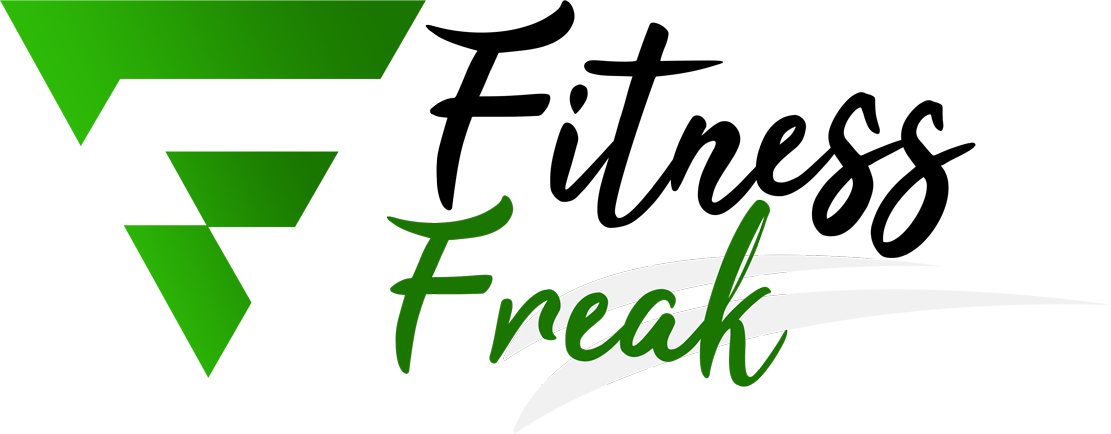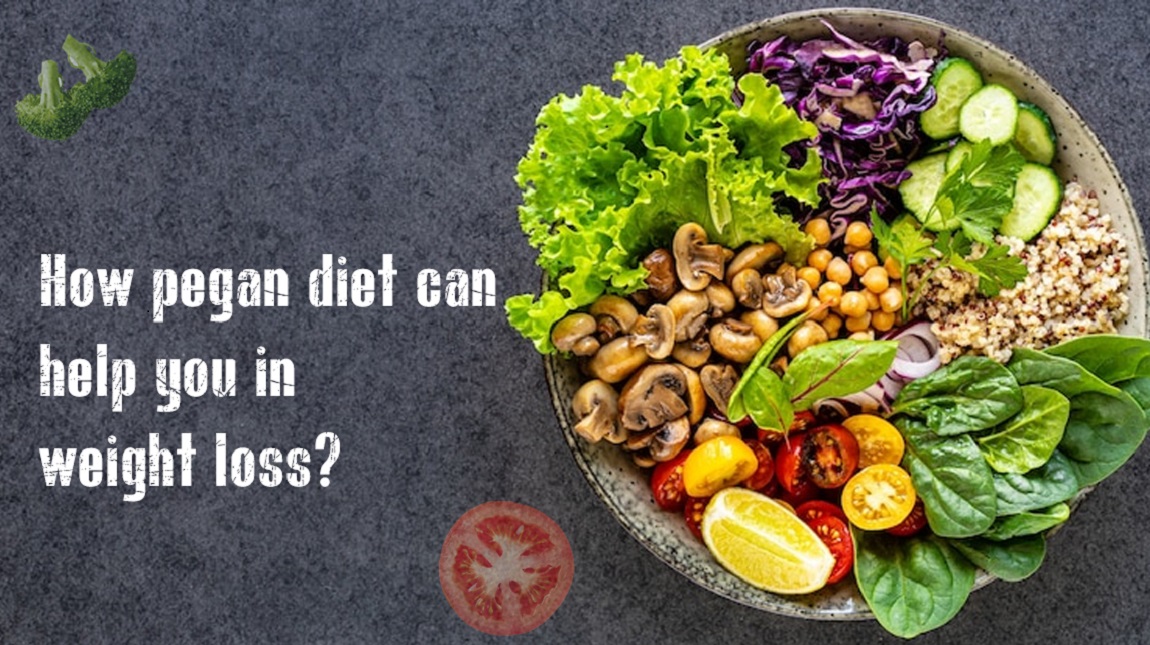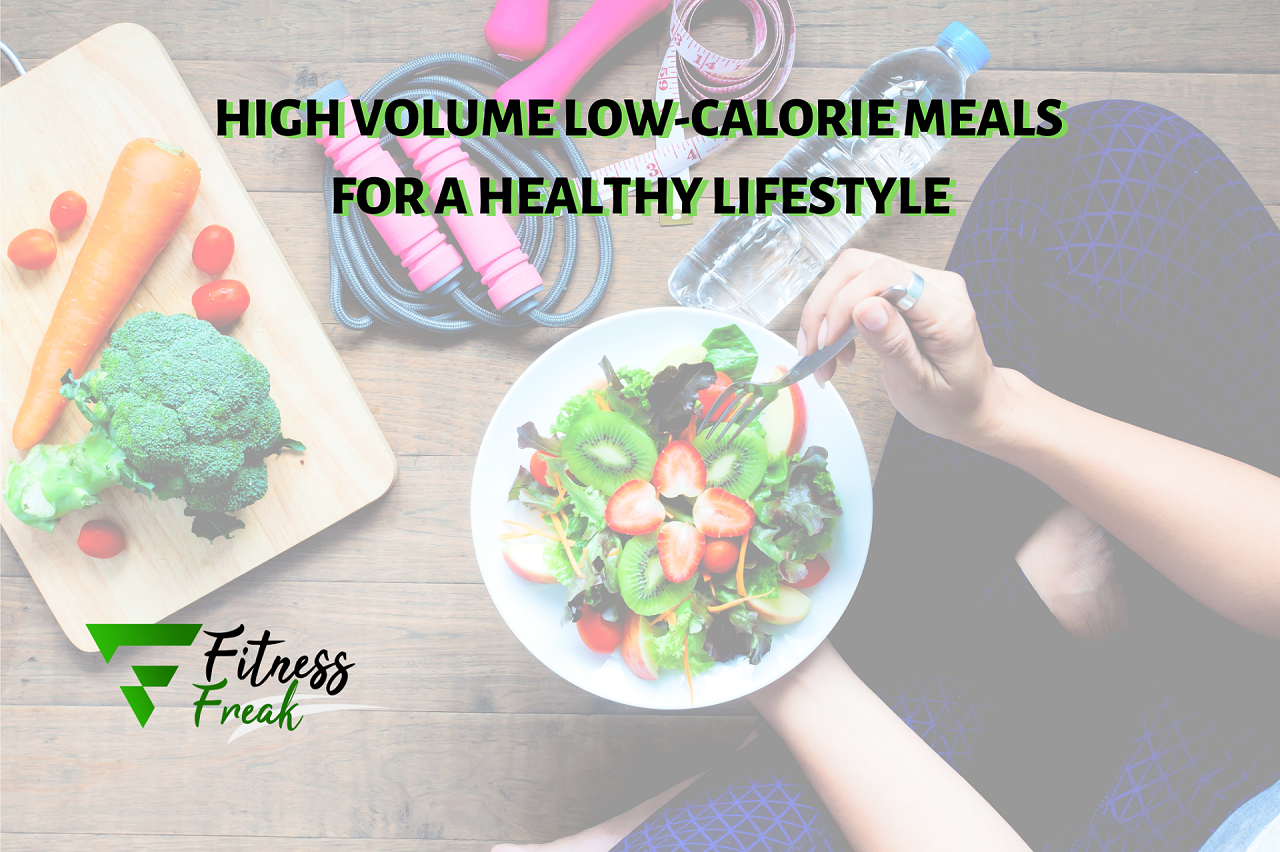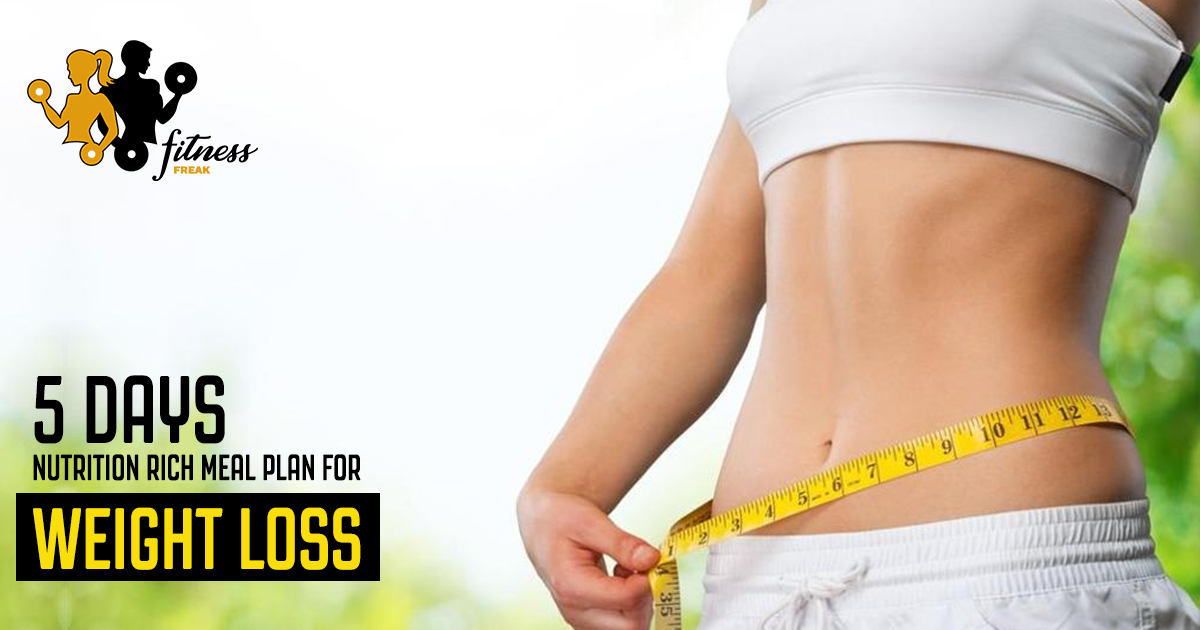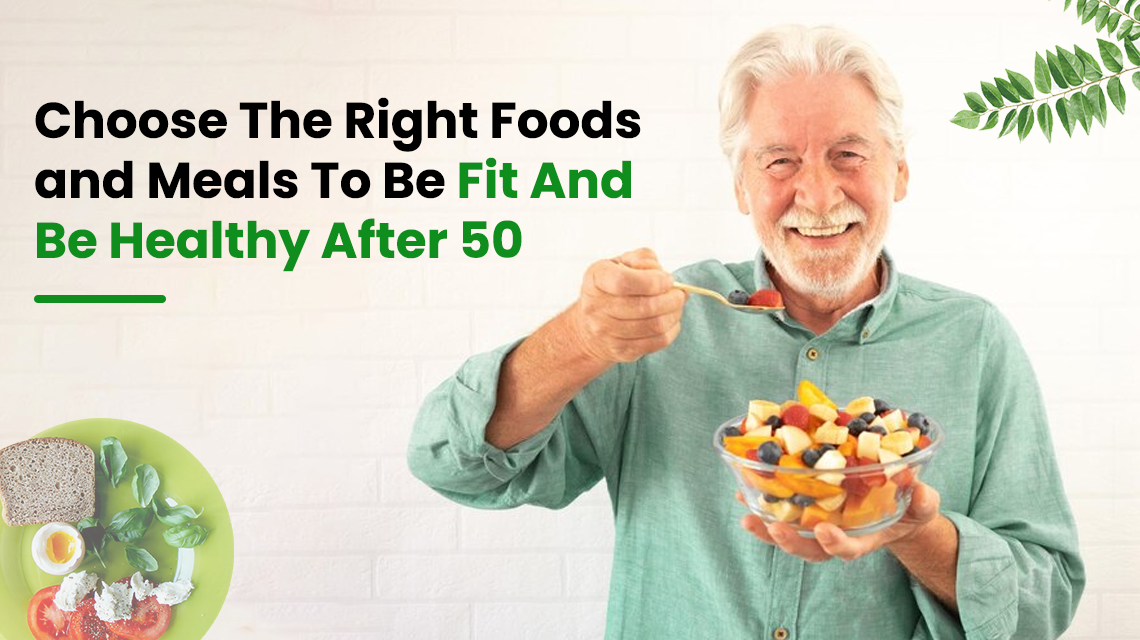
How To Choose The Right Foods And Meals To Fit And Be Healthy After 50?
If you turned 50, that means you have achieved a big milestone in your life. Also, it is the time your body starts changing. So, feeling lethargic and unmotivated is obvious, but don’t you think age is just a number?
Well, in my personal opinion I believe if you consider yourself old, you will feel old even at the age of 20. If you want to live healthy and younger without considering age numbers, then I have a secret to reveal.
Eating a balanced diet can specifically emphasize the nutrient, increase your chances of healthy ageing and allow you to maintain an active and dynamic lifestyle. This article will bring an in-depth guide to getting fit after 50 with a suitable health plan or eating schedule in your 50-60s.
What factors affect healthy ageing?
Ageing is normal, but you should take a step further to encourage healthy living, most importantly, disease-free health. One of the major goals of improving quality of life is to encourage a healthy diet and active lifestyle. Besides, there are a few factors responsible for healthy ageing, such as-
· Eating habits
· Physical activity
· Genetics
· Social support
· Smoking & drinking
· Access to quality medical care
Among all, nutrition or healthy eating is crucial in reducing the risk of health complications such as weakened bones, overweight, malnutrition, muscle loss, etc.
What Nutrients and Foods Do You Need To Add To Your Diet?
In the 50s-60s, you must eat a rich amount of nutrients daily. Here is your baggage-
- Protein
Consuming protein daily helps you build lean muscles mass, which is essential to look and feel healthy in and out. Even this boosts metabolism and immune system that better your lifestyle and brings youthful energy to your body. High-protein foods include the following-
· Beans and lentils
· Nuts and seeds
· Eggs
· Tempeh
· Poultry
· Tofu
· Dairy products
How much protein is needed for daily consumption?
According to RDA, 0.36 grams per pound of body weight is suggested for adults over 50. In fact, one should consume 0.5-0.9 grams per pound is essential to build lean muscles and bring an active lifestyle. For example, if someone’s weight is up to 68 kg, he/she must eat regular 75-135 grams of protein.
However, many people can’t get enough protein from food alone. You should look into protein sources and get enough of them to ensure healthy living.
- Calcium
Calcium is another essential mineral you should have in your regular diet. It is a crucial mineral for improving bone health, nerve function, muscle contraction, and heart rate. Eating enough amount of this prevents bone-related issues such as osteopenia. High-calcium foods are like-
· Dairy products
· Leafy greens
· Fortified beverages
How much calcium is needed for daily consumption?
If you’re a postmenopausal patient, then the risk of osteoporosis is higher. Thus, you need to consume at least 1200 mg of calcium daily, while others can have 1000 mg daily. The best source of calcium consumption is food and drinking milk, but multivitamins can also be beneficial.
If your doctor recommends you eat calcium supplements, splitting the doses to boost absorption is best. For instance, consuming two supplements of 500 mg in a day fulfils the average need.
- Fiber
Fiber is also an important source that promotes bowel movements and digestion, supports heart health, and slows sugar absorption to stabilize blood sugar levels. Also, it helps in maintaining a healthy weight. Here is the source of fiber-
· Veggies
· Fruits
· Beans and lentils
· Whole grains
· Nuts and seeds
How much fiber is needed for daily consumption?
While speaking to health coaches, an average of 25-38 grams of fiber per day is best for both women and men. People can get enough fiber from food, but fiber supplements can help you boost its number.
- Vitamin D
Vitamin D is also essential for maintaining healthy bones and immune health. Low levels can provide a higher risk to health, such as mental decline, poor health issues, depression, and many more.
Vitamin D is also popular as sunshine since our bodies can produce it via sun exposure. Therefore, too much sun exposure can be dangerous. So consume it in a limited amount and enjoy healthy living, especially without muscle pain.
- Vitamin B12
Vitamin B12 plays a crucial role in marinating healthy energy, metabolism, blood cell production, immune function, and brain and heart health.
However, after age 50, the body starts losing its ability to absorb Vitamin B12. Thus it becomes essential for you to get this Vitamin in your diet.
Vitamin B12 is primarily found in animal foods such as fish, eggs, dairy products, and poultry. Well, those who follow an utterly vegetarian food regime may be at risk of low B12 levels. If your doctor advises you to consume, you must improve the diet plan that reduces low B12 levels and keep you energetic.
- Omega-3 Fatty Acids
Omega-3 fatty acids are mostly related to mental decline or neurological diseases such as dementia, Alzheimer’s disease, as well as brain, skin issues, and heart. Omega-3 fatty acids include the following-
- Fatty fish
- Nuts
- Seeds
- Oils
- Algae
How much is Omega-3 fatty acid needed for daily consumption?
As per RDA, 1.1 and 1.6 grams per day for women and men is essential. However, there is no general recommendation given, but DHA and EPA 250-500 mg combined is a worthy goal to achieve. If you cannot consume fatty fish regularly, consume supplements or speak with your doctor.
- Antioxidants
Antioxidants are essential and good in neutralizing free radical damages and oxidative stress. Vitamin A, C, and E are the major contributors to ageing and chronic disease. The best sources of antioxidants are-
- Fruits
- Vegetables
- Dark chocolate
- Coffee
- Whole grains
How many antioxidants are needed for daily consumption?
Anyone suggests no specific consumption limit. You are advised to have it regularly and consume antioxidant-rich food in every diet.
- Potassium
Potassium is the electrolyte you need to eat throughout your diet. You must consume sufficient potassium to lower the risk of high blood pressure, heart disease, and stroke. You can find minerals in various sources such as-
- Vegetables
- Fruits
- Dairy products
- Whole grains
- Meat
- Poultry
How much potassium is needed for daily consumption?
According to RDA, 2600 mg and 3400 mg are enough for both women and men. One can consume potassium through food and supplement only under the supervision of a doctor. Remember consuming too much potassium is life-threatening.
What Are The Best Superfoods To Add In Your Diet To Stay Healthy?
Here is the list of best foods everyone should add to remain healthy.
- Beans
- Apples
- Leafy greens
- Berries
- Yogurt
- Nuts
- Oats
What Are The Diet Changes You Need To Do Right Now?
Getting older means taking care of your health and eating healthy always. Here are the few diet changes you need to make, such as:
- Enjoy eating fish
- Add more complex grains to your meal
- Low the intake of sodium
- Eat high-protein foods
- Avoid drinking sodas
- Reduce intake of sugar and refined sugar
- Eliminate fried foods
Quick Summary
As you read the whole story regarding getting fit after 50, you can easily estimate eating healthy food rich in proteins, calcium, fatty acids, and more nutrients is crucial to living and feeling healthy.
Remarkably, few diet changes can benefit your body the whole way or might be the reason for getting in shape after 50. So, whether you are in your 50s or turning into your 60s, start caring about yourself and lead life at your younger age.
Note: Age is just a number if you want to live beautiful as your younger days. So beat the numbers and start eating healthy and include some physical activities. So, you might find a new version of yourself within six months.


